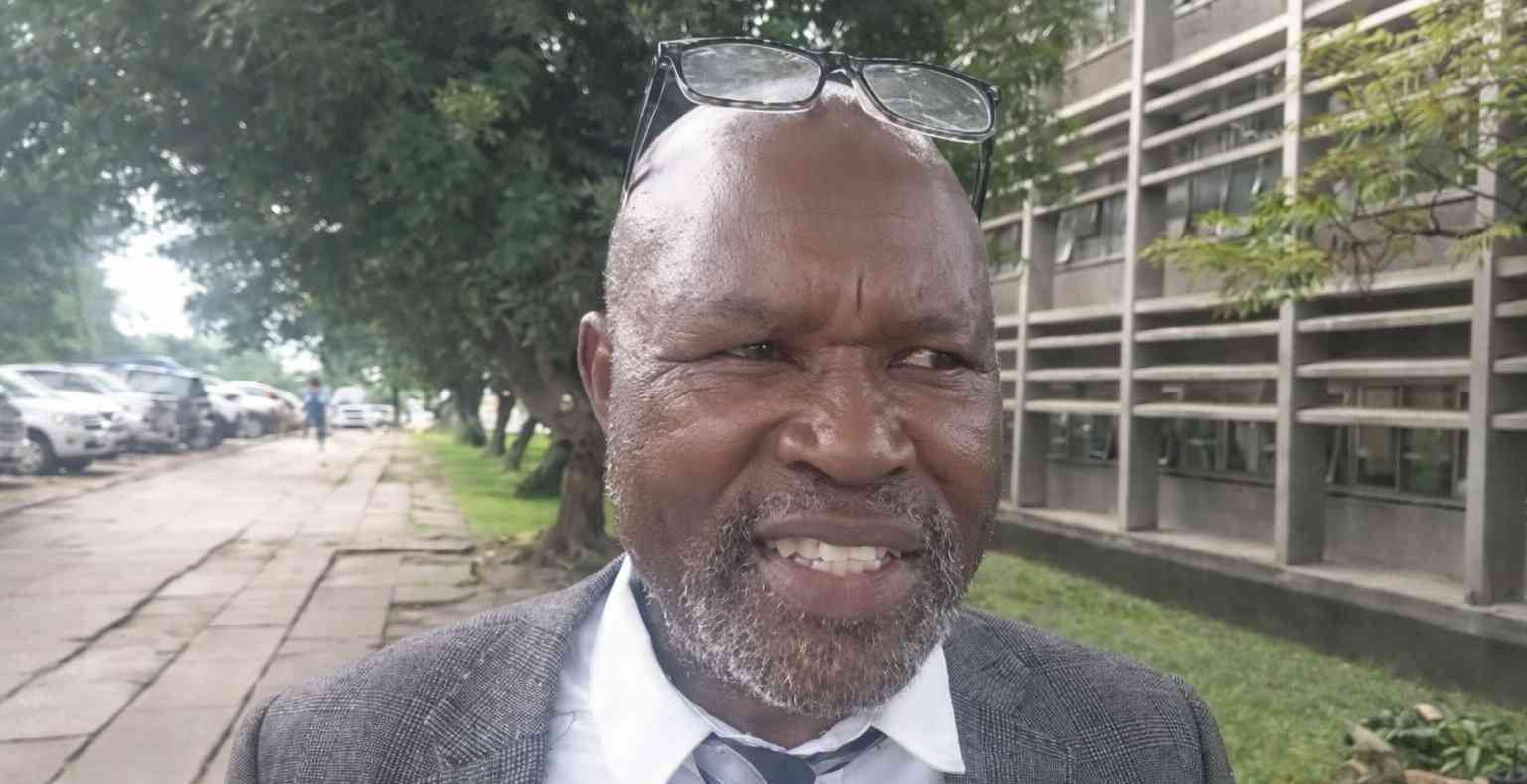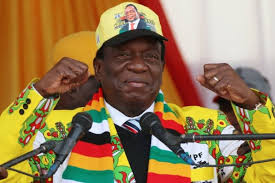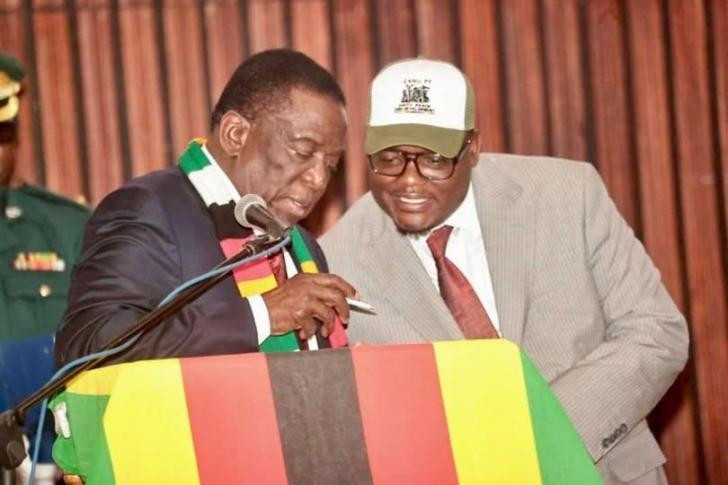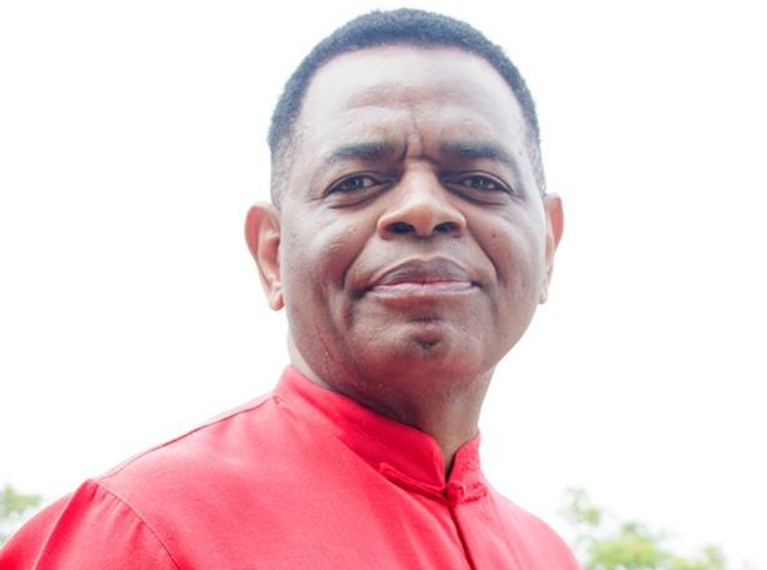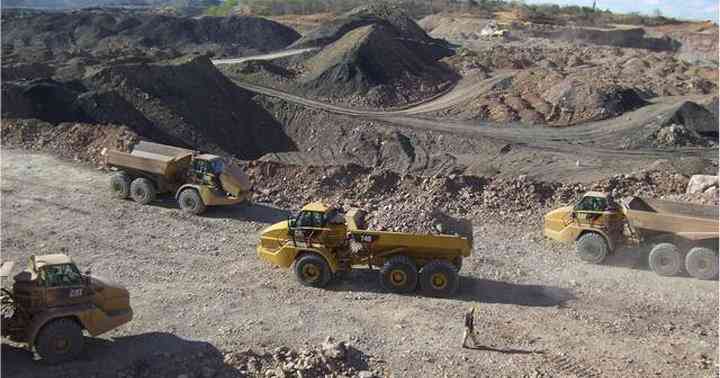
The revelations that Zimbabwe’s mining sector lost a staggering 1 216 jobs in 2024, which represented a 314% jump from the previous year did not come as a surprise for observers of the trajectory of the local economy under the current administration.
Over the years there has been a lot of propaganda about economic progress, but the reality of the majority of Zimbabwean workers has been a different story.
Companies have been bleeding jobs for a very long time and for workers that are still in employment they have been helplessly watching their incomes being eroded by inflation and currency distortions.
It was against this background that we did not find the latest report by the Chamber of Mines of Zimbabwe (CoMZ) last week indicating the job carnage surprising.
According to the CoMZ, the mining companies recorded 1 216 retrenchments as at December 31, 2024 with the industry said to have 49 160 employees. The job losses have been linked to the wider problems facing the industry such as power outages, weak commodity prices and severe foreign currency shortages.
The report said 69 mines retrenched staff, up from 42 in 2023 and most of them cited the rising cost of doing business as a result of the power shortages and currency distortions.
While challenges such as weak global commodity prices are beyond Zimbabwe’s control, electricity and power shortages are problems that can be attributed to the shortcomings of President Emmerson Mnangagwa’s administration.
Mnangagwa came into power eight years ago and among his promises was to fix the electricity shortages that have seen some miners enduring blackouts lasting up to 18 hours a day.
- Mines propose fresh power import deal
- Motorist robbed while relieving self
- RBZ shifts blame to companies
- Forex retention policies ruin mines
Keep Reading
The government has done little to encourage investment in the energy sector and has been slow in changing policies to encourage independent power producers to increase their output to complement Zesa, which has been struggling to meet demand.
There have been several reforms since Mnangagwa’s rise to power in the military coup that toppled Robert Mugabe in 2017, but there has been little progress in achieving currency stability because the measures are often sabotaged through official corruption and a half-hearted approach to policy implementation.
The real victims of the intertia and corruption are poor workers, who continue to lose their sources of livelihood and that of their families in droves.
At some point the authorities should stop with the propaganda and start fixing the problems behind the massive job losses.

